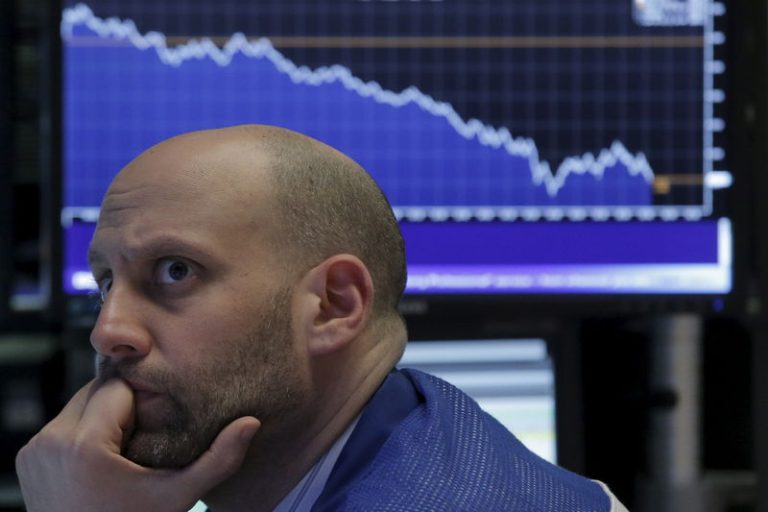© Reuters. FILE PHOTO: People cross a flooded area in Muloza on the border with Mozambique after the aftermath of Tropical Cyclone Freddy, around 100 km outside Blantyre, Malawi, March 18, 2023. REUTERS/Esa Alexander/File Photo
2/2
By Duncan Miriri
NAIROBI (Reuters) -Kenyan President William Ruto kicked off Africa’s first climate summit on Monday by urging thousands of delegates in Nairobi to see the climate crisis as a unique opportunity for the continent to attract billions of dollars in investment.
Organisers say they anticipate hundreds of millions of dollars in deals to be announced at the three-day summit, during which they aim to showcase Africa as a destination for climate investment rather than a victim of floods, drought and famine.
African leaders are pushing market-based financing instruments such as carbon credits in a bid to mobilize funding that they say has been slow to arrive from rich-world donors.
“For a very long time we have looked at this as a problem. It is time we flipped and looked it from the other side,” Ruto told delegates.
“We must see in green growth not just a climate imperative but also a fountain of multi-billion dollar economic opportunities that Africa and the world is primed to capitalise,” he said.
Many African campaigners, however, have opposed the summit’s approach to climate finance, saying it advances Western priorities at the expense of the continent.
They say carbon credits, which allow polluters to offset emissions by funding green activities, are a pretext for wealthier countries and corporations to continue polluting.
“Africa needs funding from countries that have got rich off our suffering. They owe a climate debt,” said Mohamed Adow, the director of energy at the Power Shift Africa think tank.
About 500 people marched in dowtown Nairobi on Monday to protest the summit’s agenda and demand financial compensation for climate damage from rich countries.
INVESTMENTS
During Monday’s sessions, environment ministers, business executives and climate campaigners will discuss how to scale up climate finance and transform food systems.
More than 20 presidents and heads of government are expected to attend the summit from Tuesday. They plan to issue a declaration outlining Africa’s position ahead of a U.N. climate conference later this month and the COP28 U.N. summit in the United Arab Emirates from late November.
Companies and governments began announcing investments and financing commitments.
One of the top lenders in the Democratic Republic of Congo, Rawbank, and global energy trader Vitol announced a $20 million investment in renewable energy, clean cooking and forest conservation in Congo.
Britain’s Foreign, Commonwealth and Development Office said UK-backed projects worth 49 million pounds ($62 million) would be announced over the course of the summit.
African countries are also hoping for debt relief from creditors to free up money to invest in renewable energy, conservation and climate adaptation.
A new working paper released by the Debt Relief for Green and Inclusive Recovery Project found that sub-Saharan African countries face annual debt servicing costs that are nearly the same as their climate finance needs.
Even as they push for investments in renewable energy, many African governments also want to develop hydrocarbons resources, particularly , arguing they can accelerate the continent’s development while not contributing significantly to global carbon emissions.
Protesters at the Nairobi march voiced opposition to gas development, which they said would worsen climate change and was part of a “neo-colonial scramble” for Africa’s resources.
($1 = 0.7920 pounds)
Read the full article here









